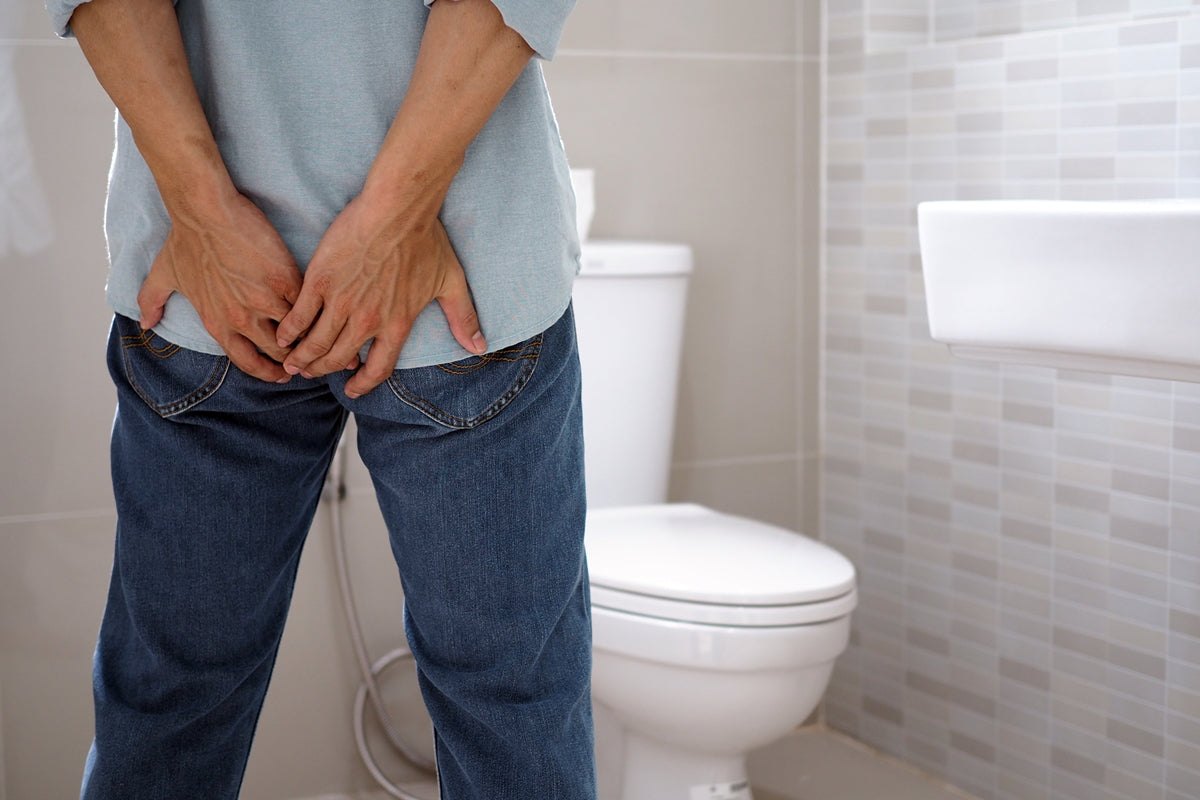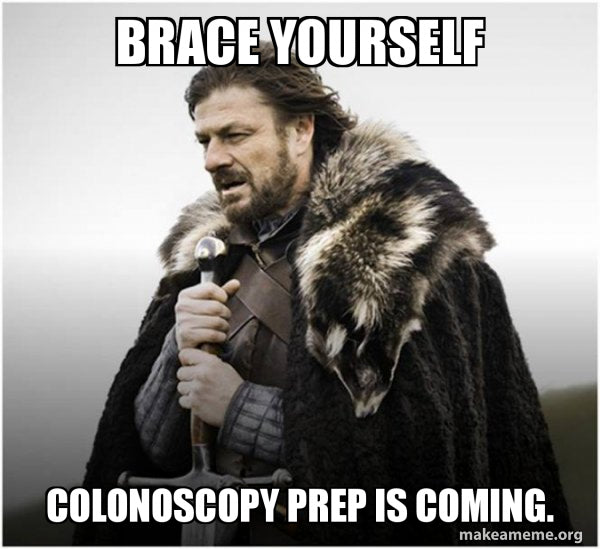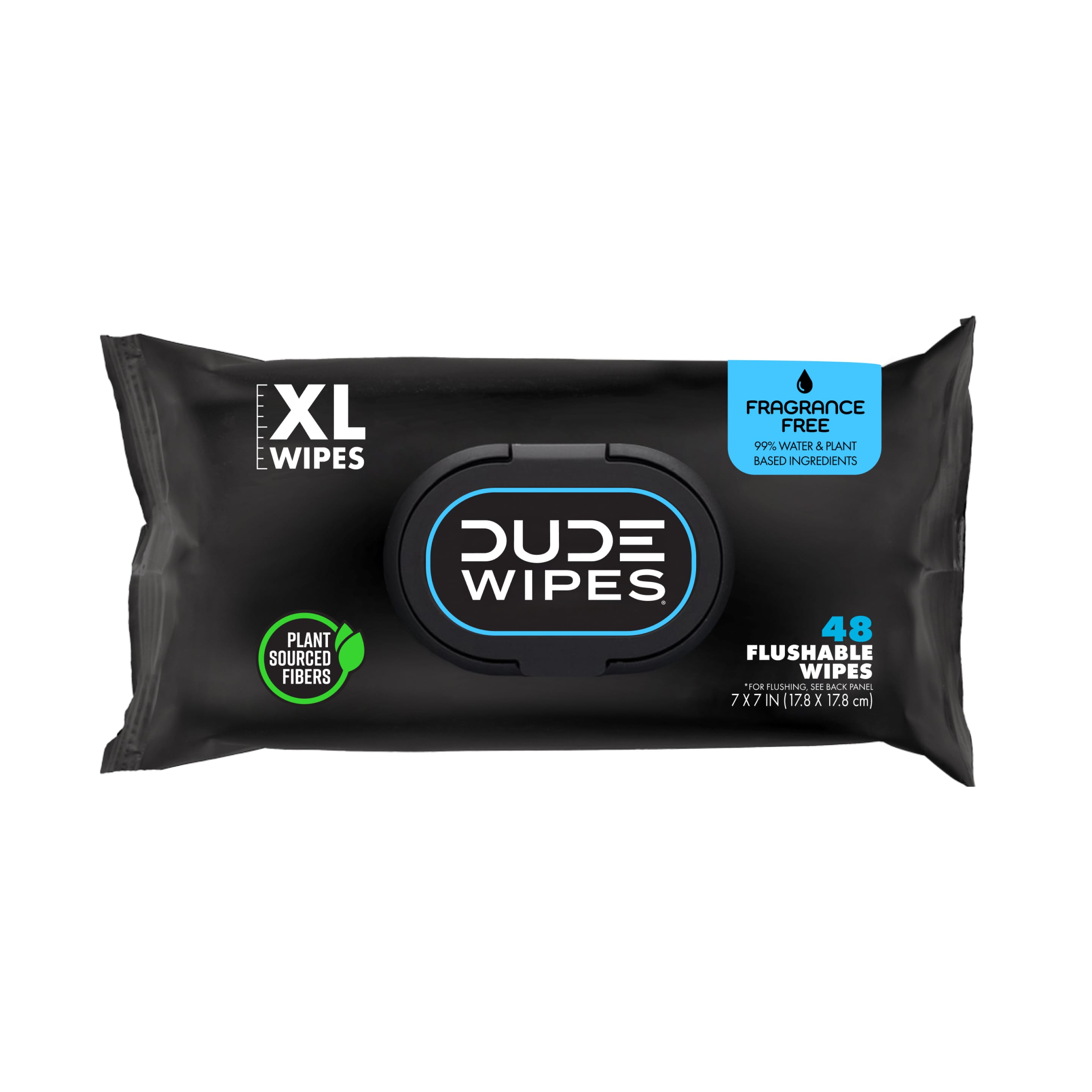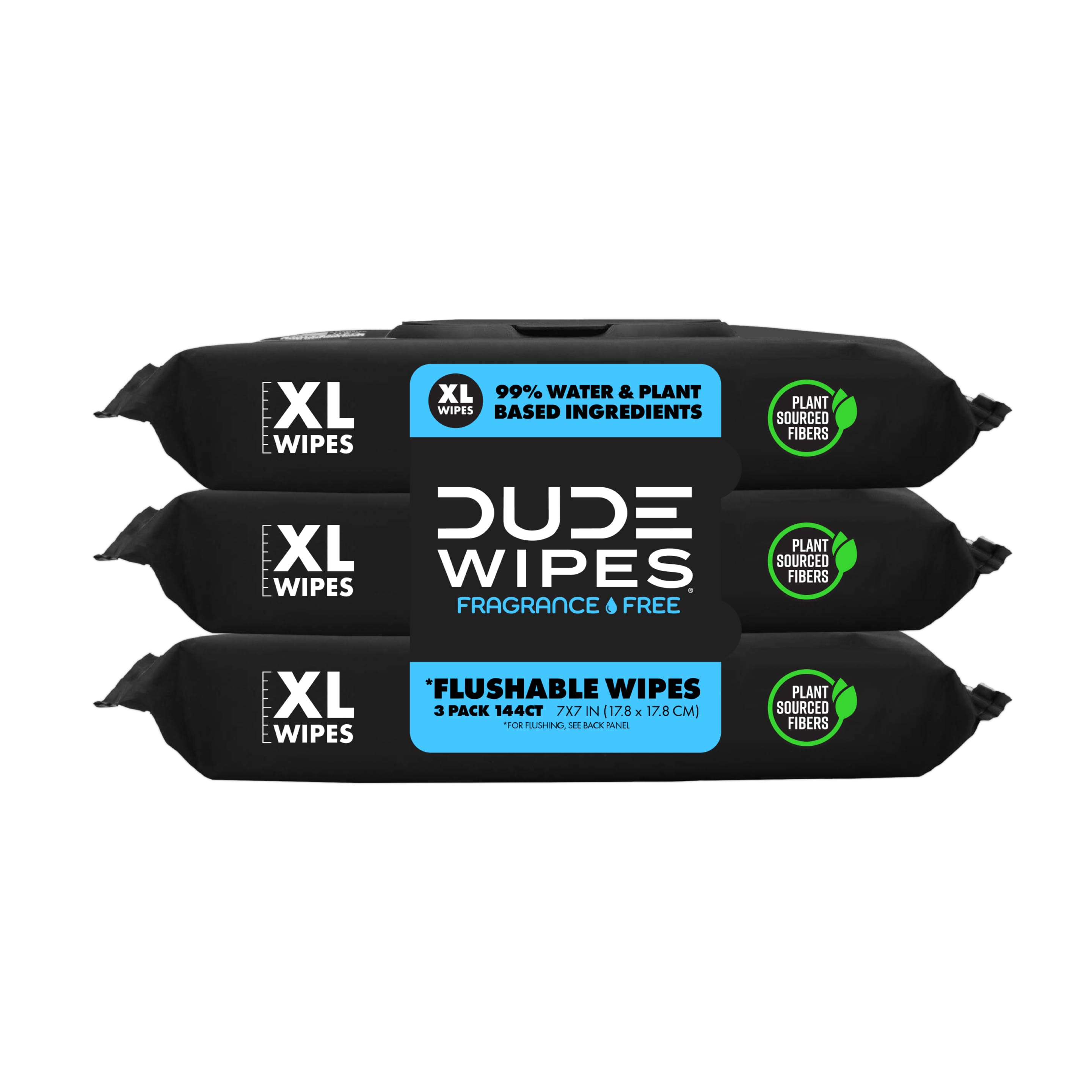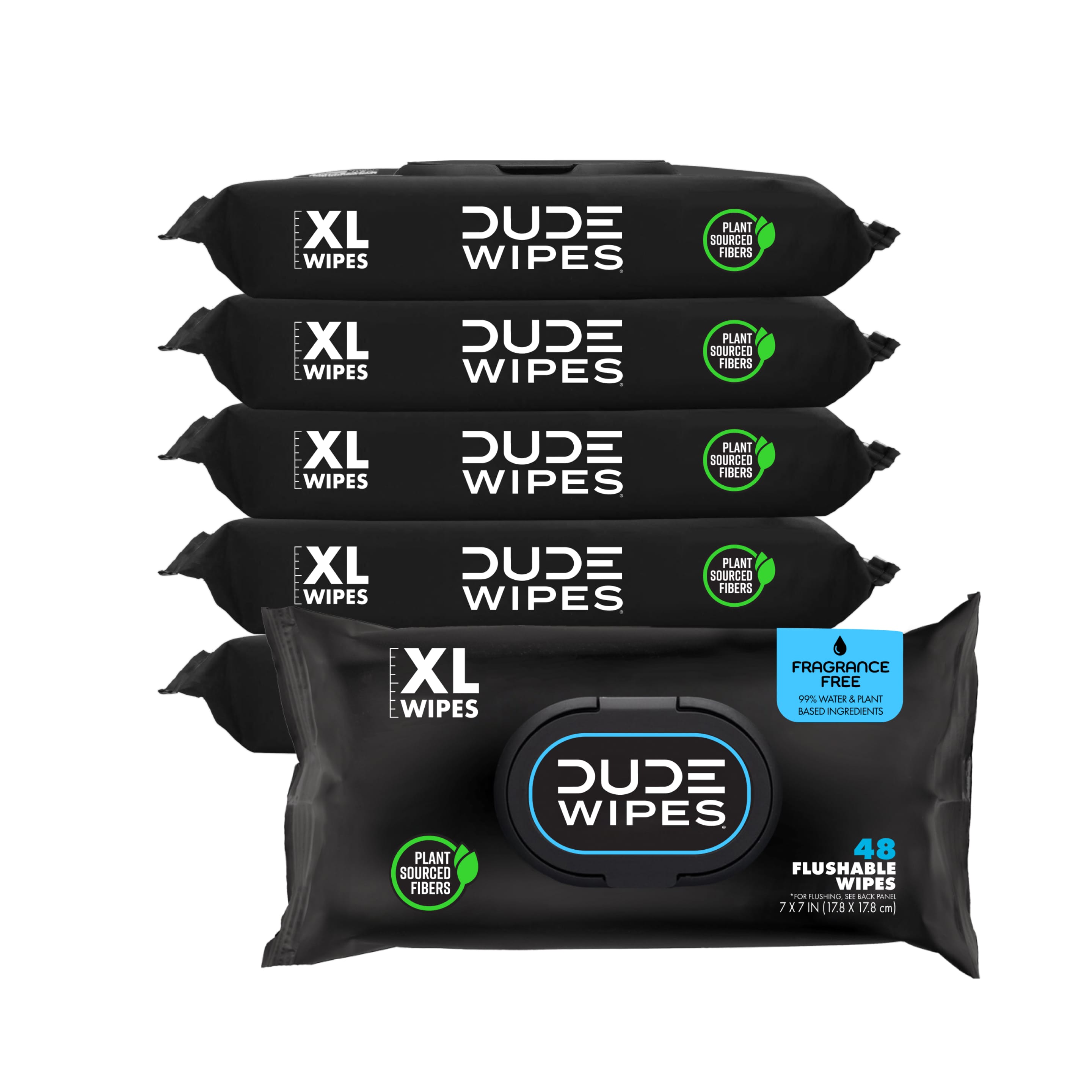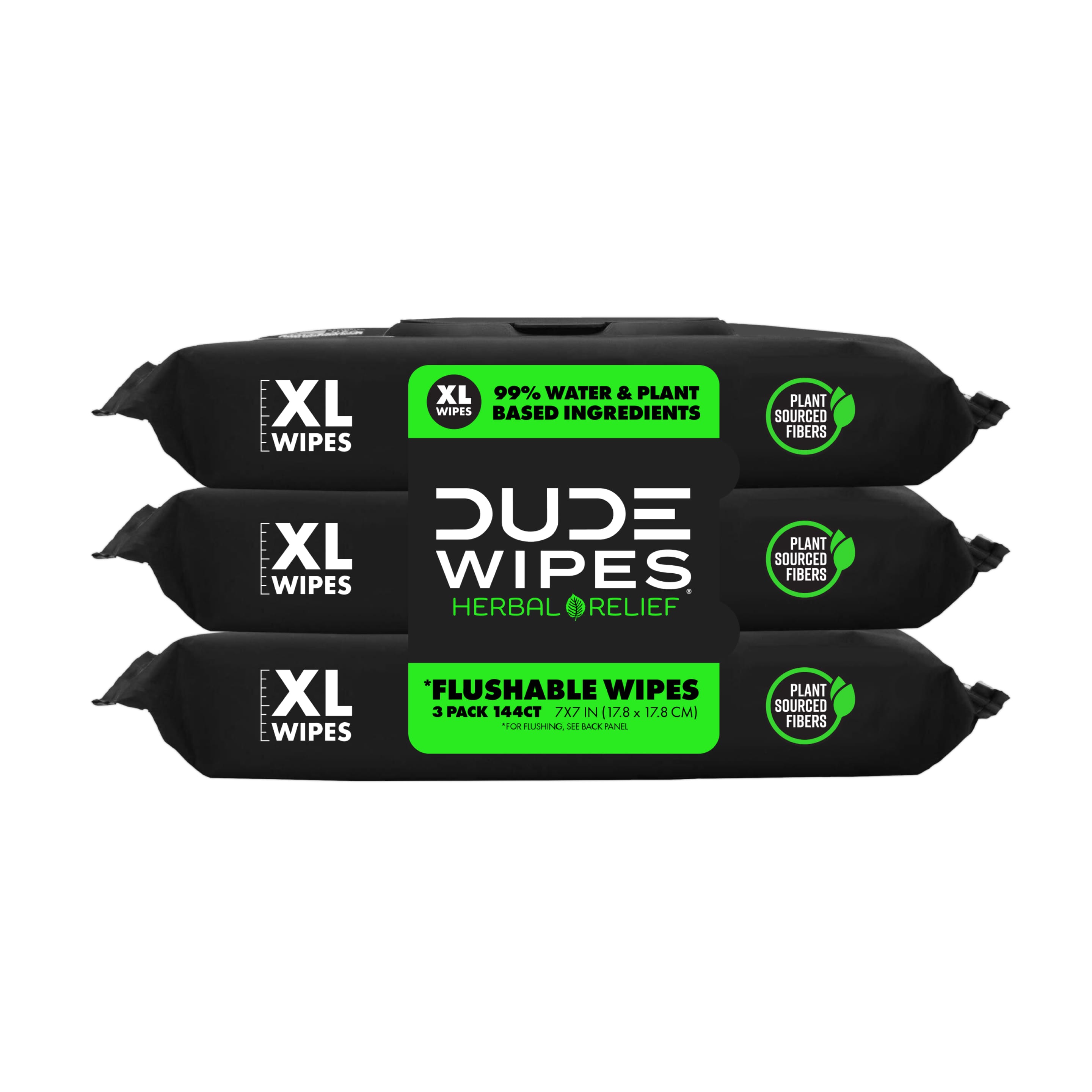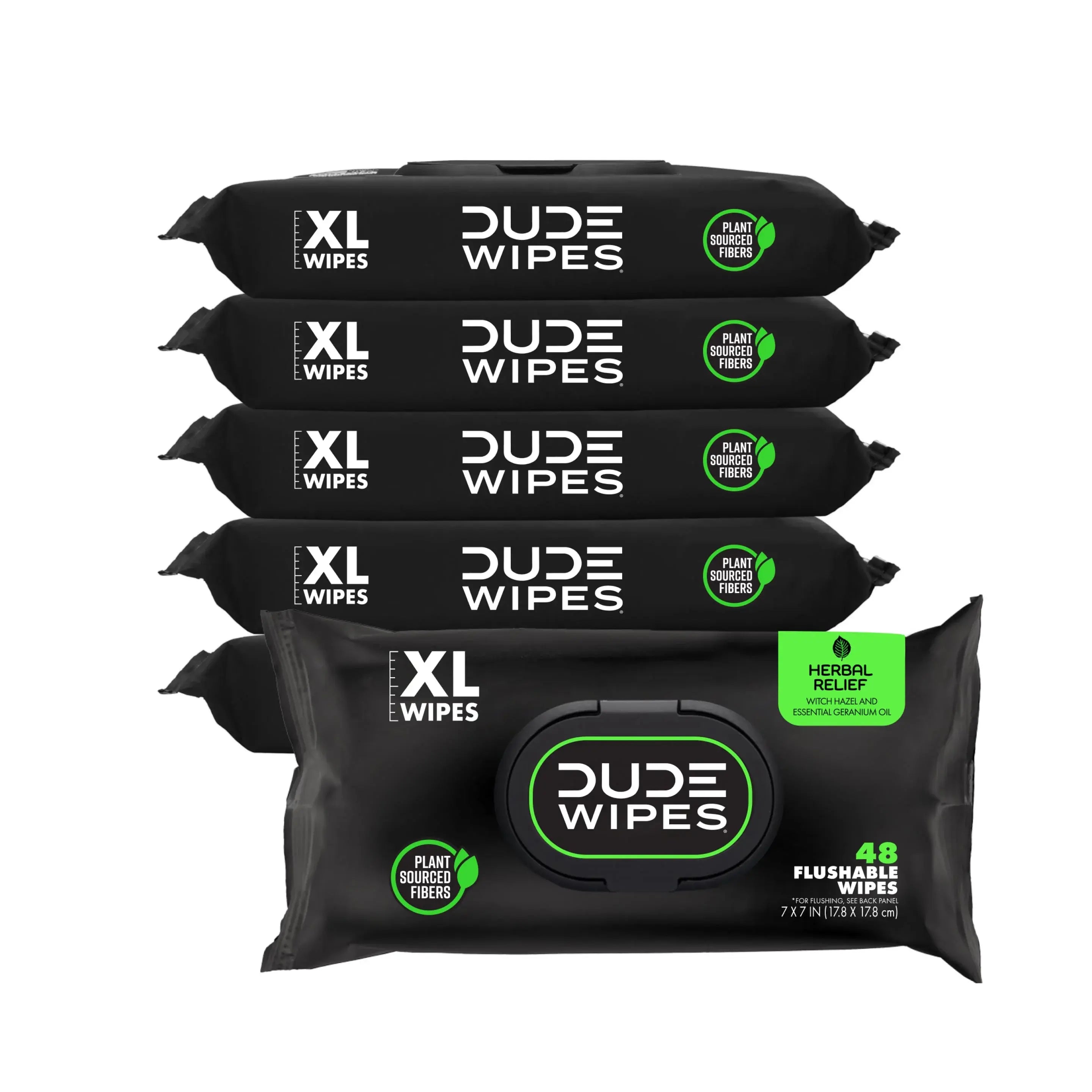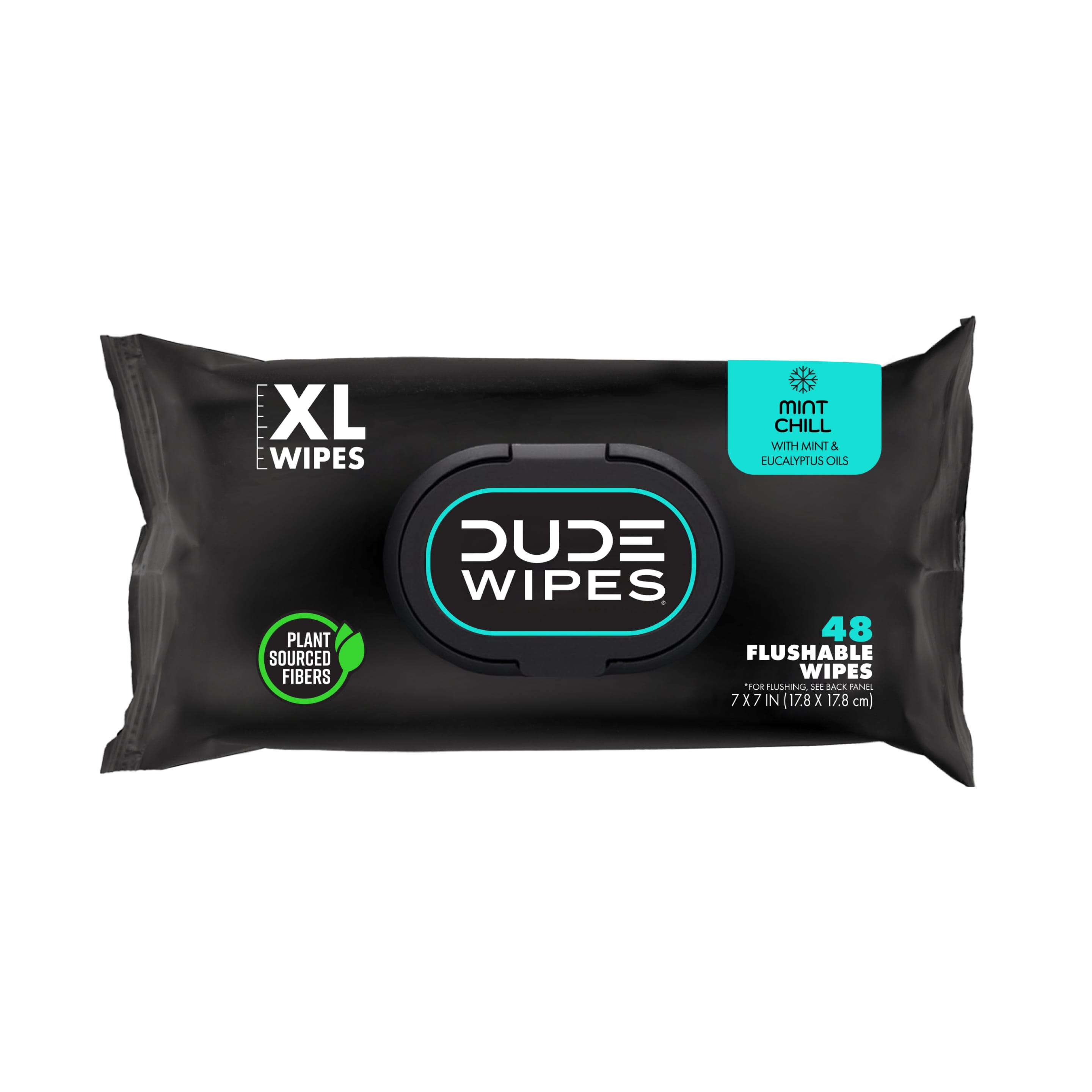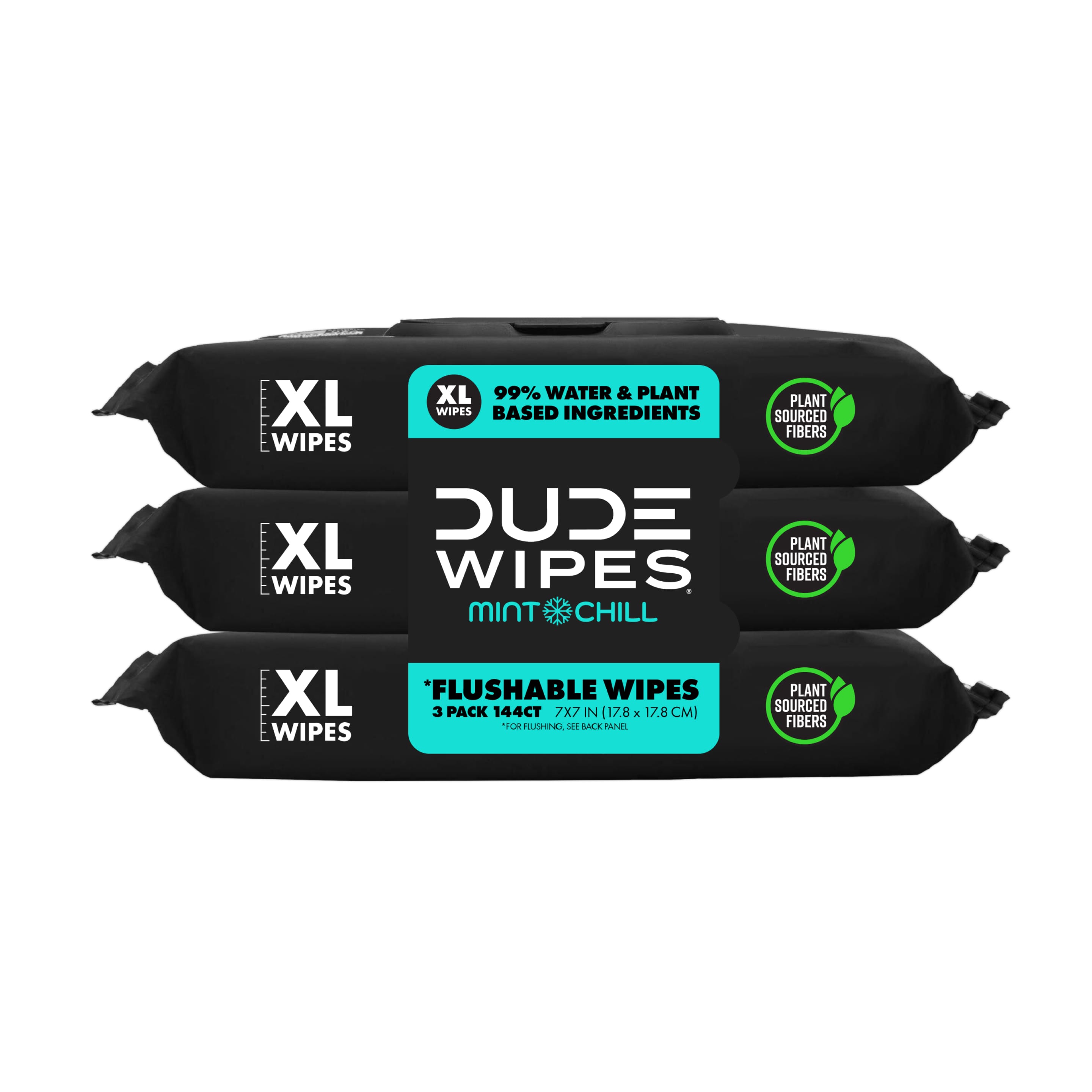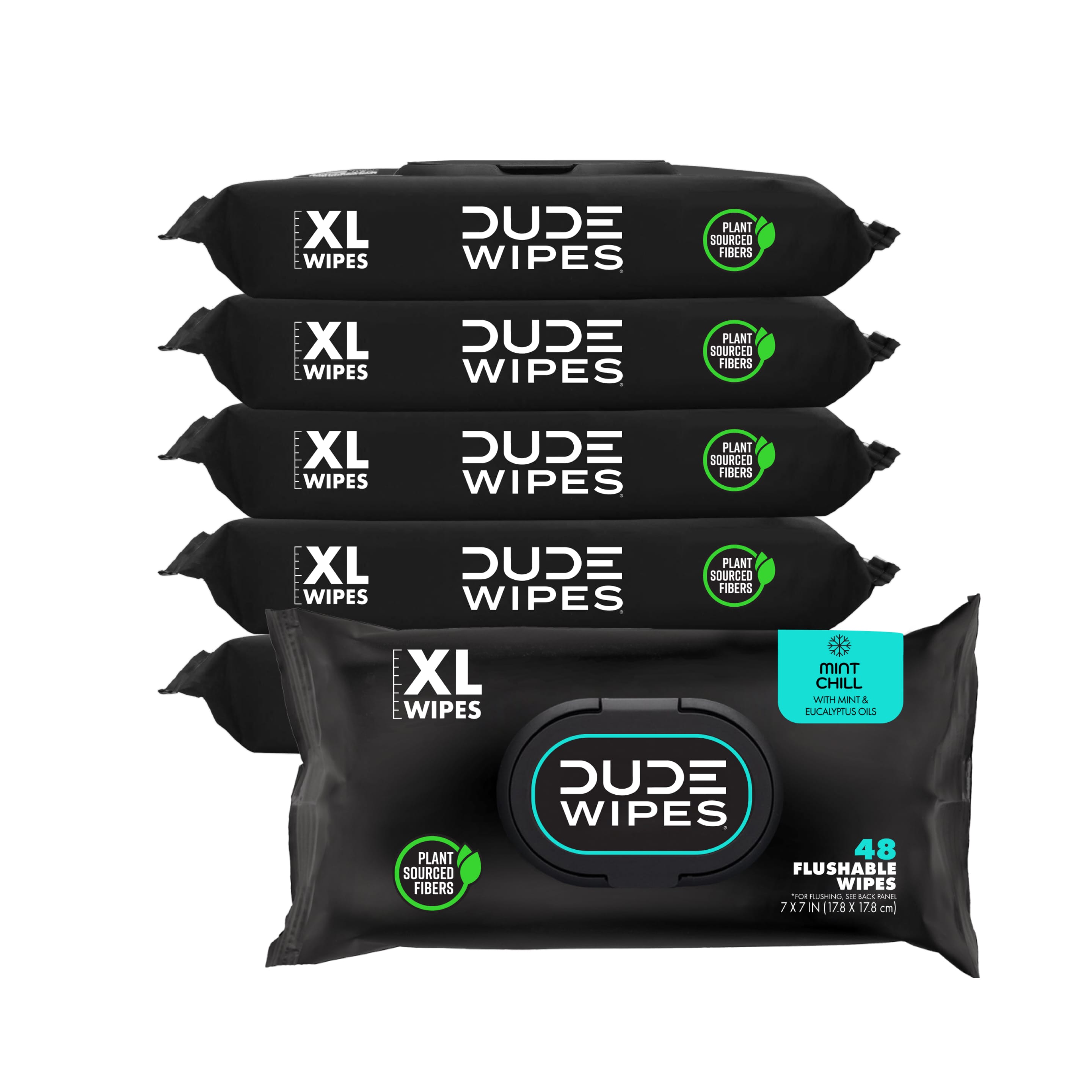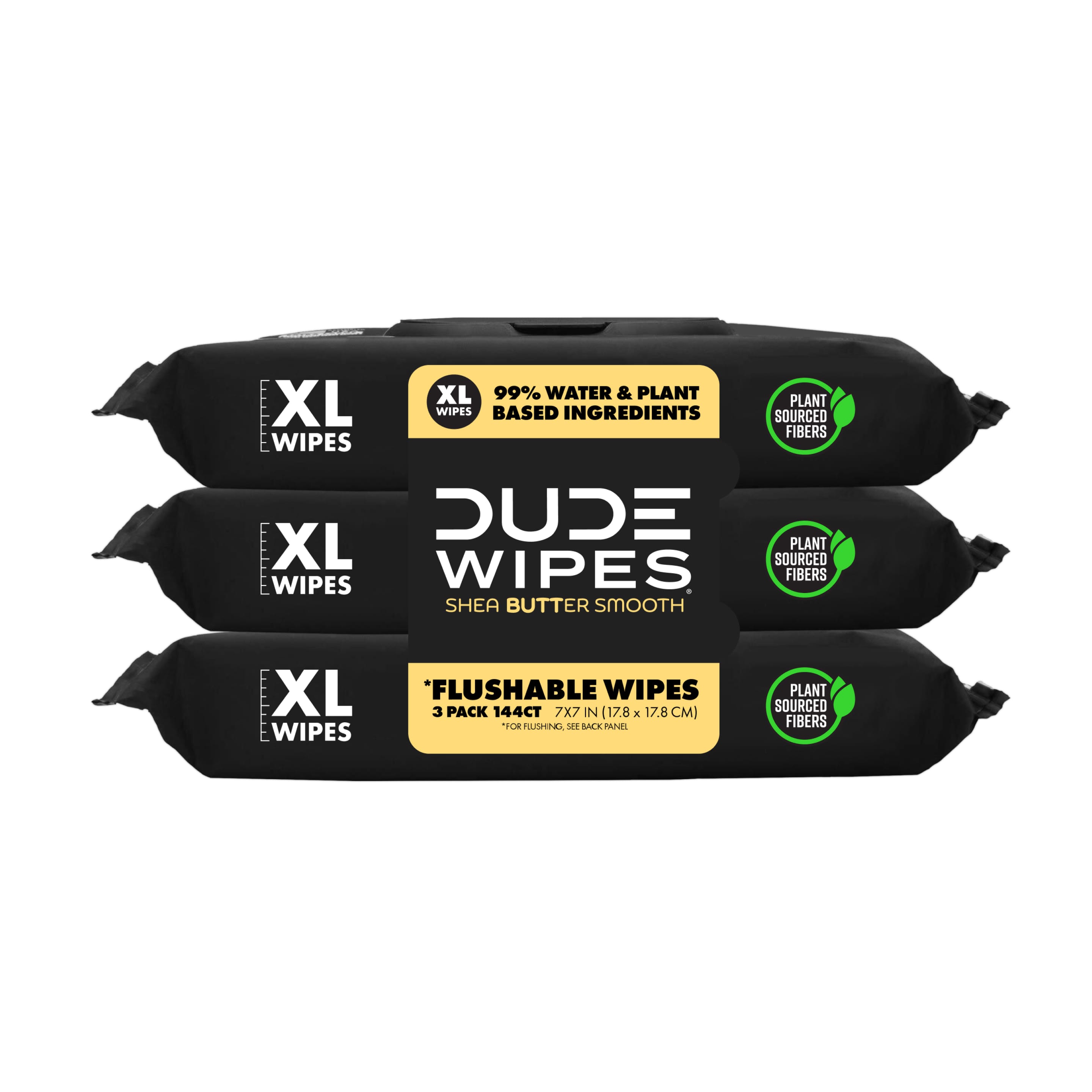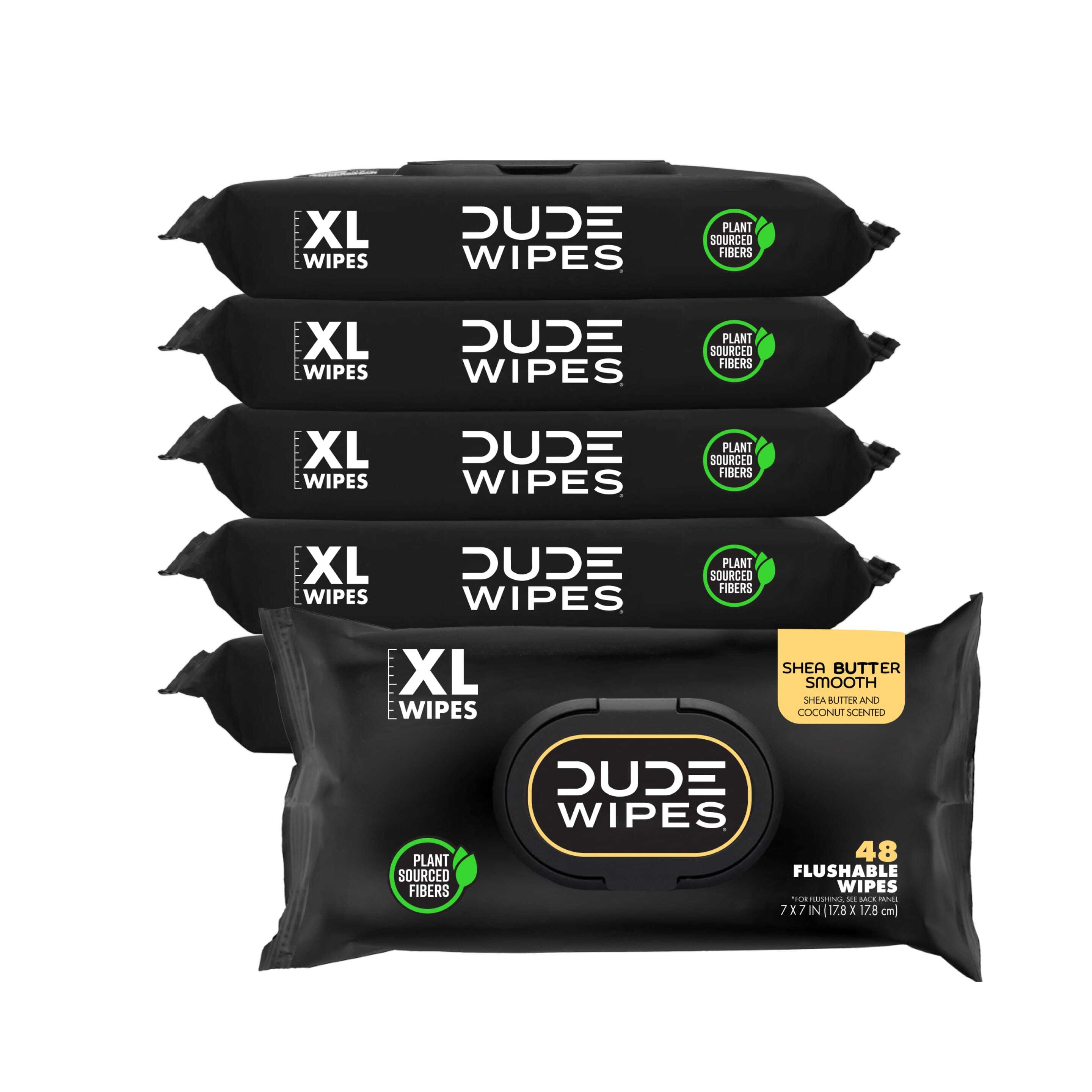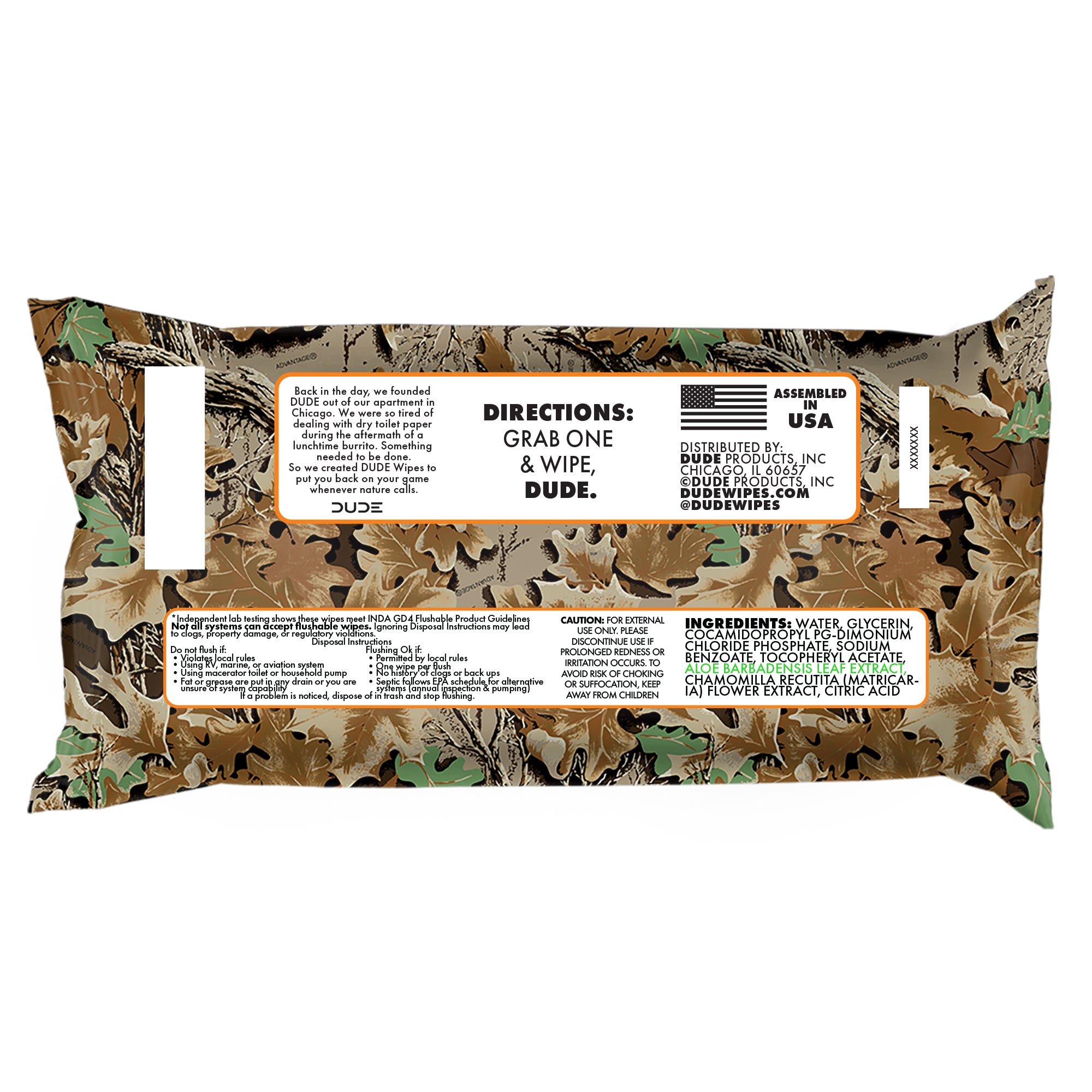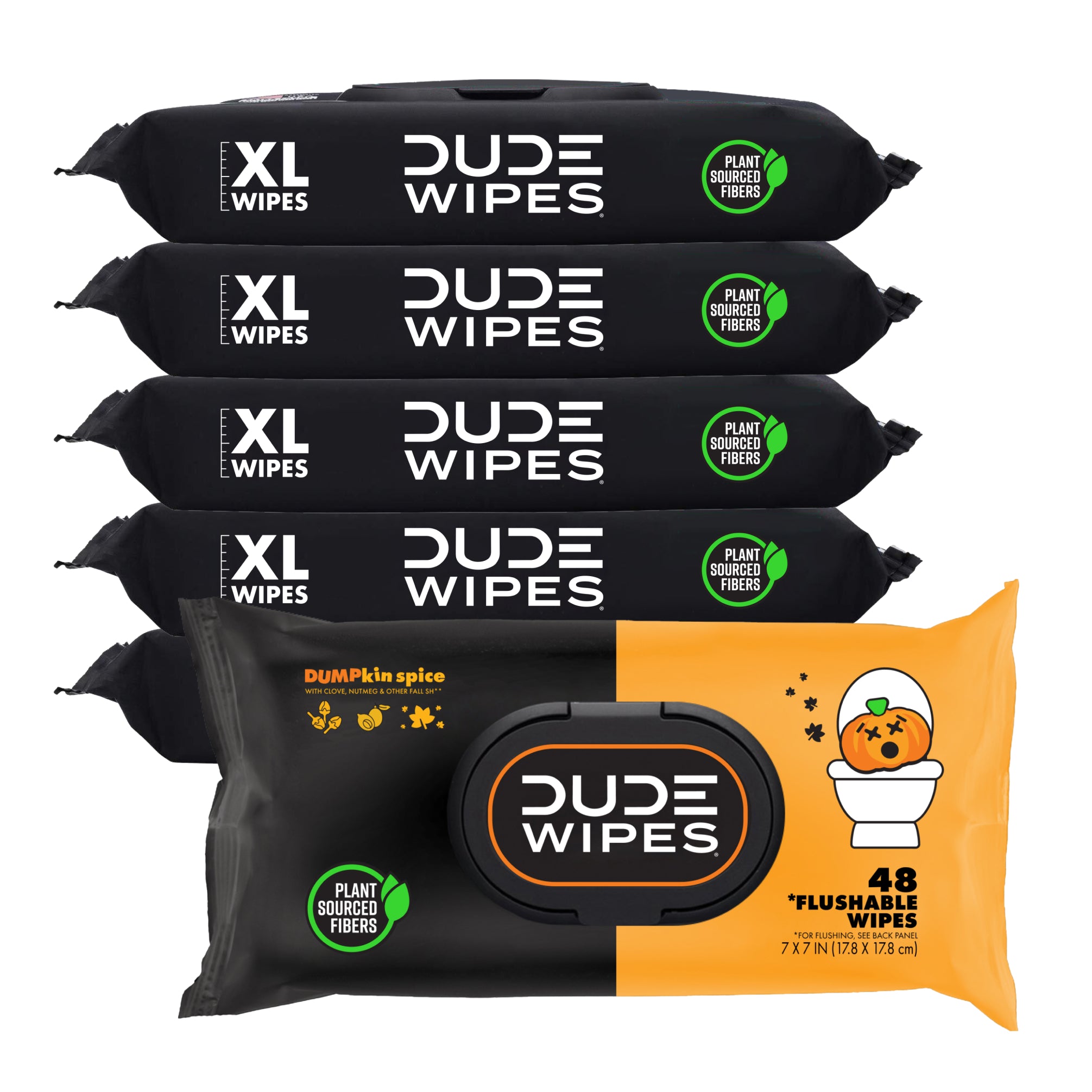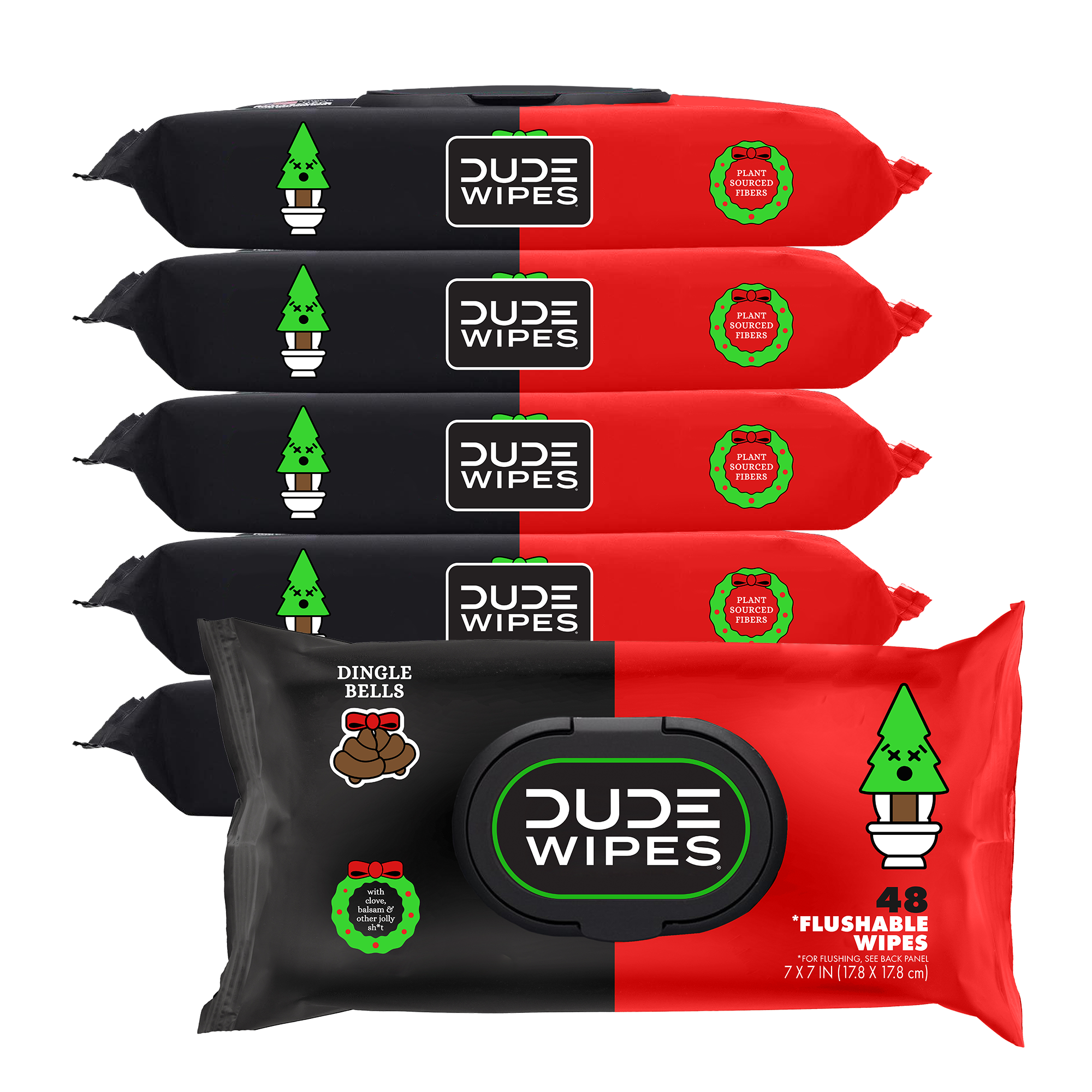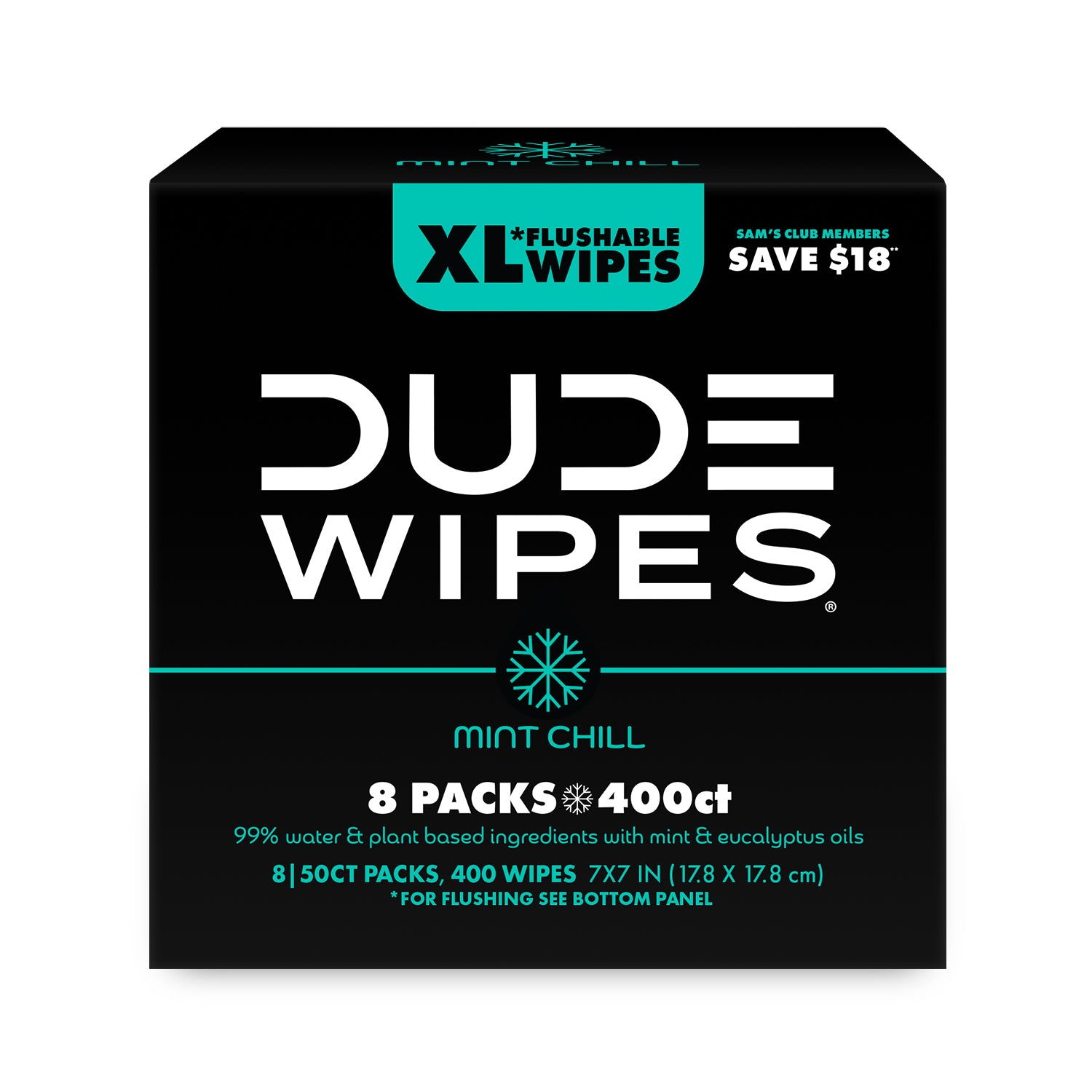Under normal circumstances, the only thing that should come out of your butt is poop—ideally smooth, sausage-like turds. But if you’re reading this, chances are you’ve noticed a mystery substance in your underwear (or the toilet).
What you’ve got there is rectal discharge: an umbrella term for liquid (other than poop) that oozes from inside or around your anus. There are dozens of health issues that can trigger rectal discharge, from hemorrhoids to STDs.
Your guts and butt are complex, so it’s hard to know exactly why you have rectal discharge without seeing your doctor for some tests. But we’ll do our best in this guide to narrow down the potential causes and give you a gameplan to get your booty health back on track.
First things first: do you really have rectal discharge?
What Is Rectal Discharge?
Rectal discharge is any substance besides feces that comes out of your rectum (the last part of the large intestine that ends at the anus). The leakage can happen randomly or continuously, depending on the underlying condition.
The standard symptoms of rectal discharge include stained underwear, feeling dampness around your butt hole, anal pain or itching, and nasty odors that are different from the usual poop smell.
There are three bodily fluids associated with rectal discharge:
- Mucus: a sticky, gelatinous goo that lines your mucous membranes
- Pus: a white or yellow fluid filled with dead white blood cells, usually at the site of an infection
- Blood: Can be bright red or dark red, depending where it comes from in the rectum
Anal discharge isn’t normal, but it’s not a death sentence either. Let’s take a look at some common causes.
6 Causes of Rectal Discharge (And How to Treat Them)
Rectal discharge often indicates an infection or digestive disorder. Here are six common causes—along with symptoms and treatment options.
1. Hemorrhoids
Hemorrhoids are swollen veins inside or around your b-hole. If they get too inflamed, hemorrhoids can leak mucus discharge or blood, especially when you’re wiping.
Treatment: Hemorrhoids may resolve on their own, but you may want to apply a topical hemorrhoid cream or start wiping with DUDE Wipes Medicated with Witch Hazel.
2. Inflammatory Bowel Disease (IBD)
IBD refers to two conditions that cause proctitis, which is chronic inflammation in the small intestine:
- Crohn’s disease
- Ulcerative colitis
People with IBD often experience abdominal pain, bloating, diarrhea, and clear or yellowish mucus in stool—that’s where the discharge comes from.
Treatment: Depending on the severity of IBD, doctors may prescribe anti-inflammatory drugs or fiber supplements to minimize irritation and regulate your bowel movements.
3. Irritable Bowel Syndrome (IBS)
IBS is a chronic condition that irritates the stomach and intestines. Doctors aren’t sure what causes IBS, but it seems like big meals and stress can cause flare-ups. Common symptoms of IBS range from bad gas to constipation to mucus in stool.
Treatment: There isn’t a cure for IBS, but you can manage it by avoiding your “trigger foods” and taking medications like probiotics to promote gut health.
4. Anal Abscess
An anal abscess is a painful, swollen sac of tissue that develops near the anus. They can be caused by an anal fissure that gets infected, STIs, or a blocked anal gland. Anal abscesses can fill with thick fluid that’s white, yellow, or brown. This pus-like discharge is known for its awful stench.
Left untreated, the infection can spread around the anal area and form an anal fistula: a tunnel that develops between the anus and the skin outside the anus.
Treatment: Most anal abscesses need to be drained, but please, don’t try this at home. Your healthcare provider can apply a numbing medication, make a small incision, and drain the fluid. This usually provides immediate relief. You may also need antibiotics if there’s an infection at play.
5. Sexually Transmitted Infection (STI)
Sexually transmitted diseases don’t just affect your penis. They can affect your whole DUDE region—including your butt. Infections can spread easily between genitals and the rectal area, especially if you and your partner get into butt stuff.
Some STIs cause blisters and sores that produce rectal discharge. These include:
- Chlamydia
- Gonorrhea
- Herpes simplex virus type 2
- Human papillomavirus (HPV)
- Syphilis
Treatment: You gotta get tested before you get treated.An early diagnosis can minimize the symptoms and prevent you from passing it onto other people.
6. Anal Cancer
Cancer is rare, relative to the other causes on this list. But it’s still a serious issue that affects DUDEs worldwide, so we didn’t want to sweep it under the rug. Rectal discharge is one potential symptom of anal cancer; however, it’s often accompanied by other issues like:
- Changes in bowel habits
- Narrow stools
- Rectal bleeding
- Unintended weight loss
Regardless of your risk status, every DUDE 35 and older should get a colonoscopy on the books. Pro tip: bookmark our guide to colonoscopy prep.
Let’s Get Real About Rectal Discharge
It’s not easy talking about health issues, especially when they involve stuff leaking out of your crapper. Rectal discharge may resolve itself, but we recommend playing it safe and going in for an exam. Trust us, we know a thing or two about butts.
Whether it’s a minor infection or something serious, you’re better off in a doctor’s office than doom scrolling your symptoms 24/7.

